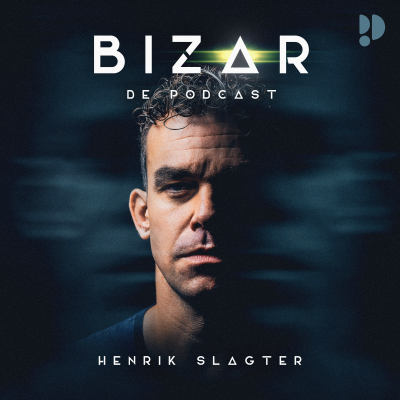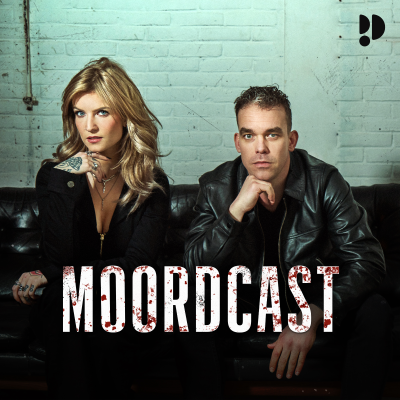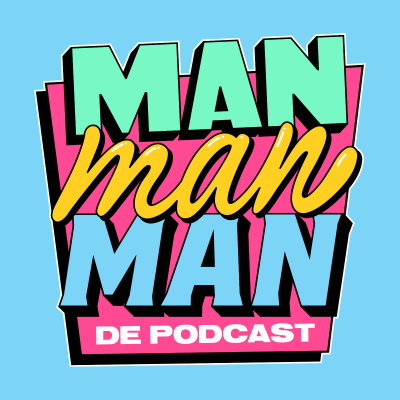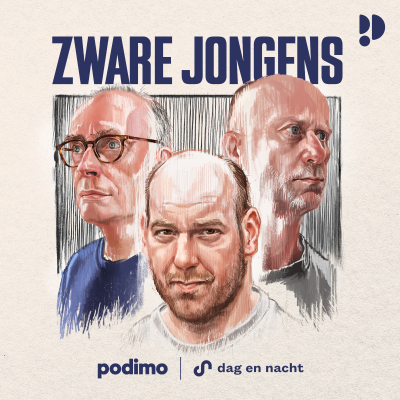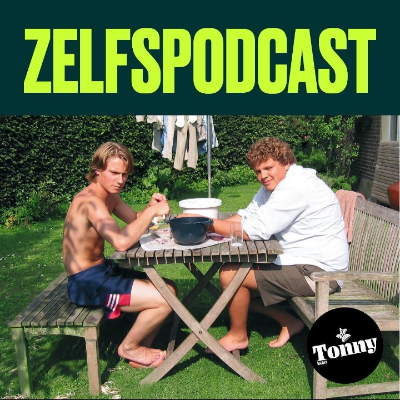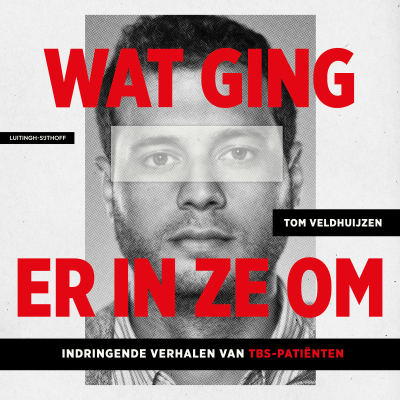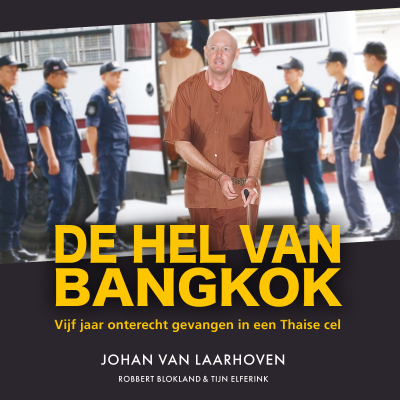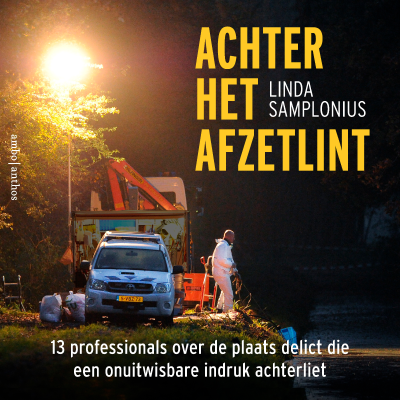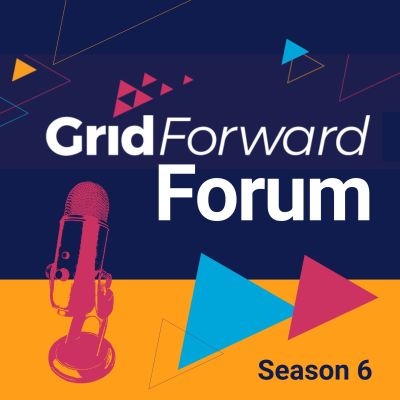
Grid Forward Forum
Podcast door gridforward
Grid Forward’s podcast series with industry leaders on what lies ahead for advancing our electric grid. Hosted by Bryce Yonker, CEO and executive director of Grid Forward. Formerly Grid Forward Chats, this season of Grid Forward Forum is sponsored by Virtual Peaker.
Tijdelijke aanbieding
3 maanden voor € 0,99
Daarna € 9,99 / maandElk moment opzegbaar.
Alle afleveringen
76 afleveringenEnergy infrastructure received a grade of D+ in the 2025 Report for America’s Infrastructure, published by American Society of Civil Engineers [https://www.asce.org/]. Bryce Yonker discusses why the energy sector received a low rating with Michael Miller, vice president of technical services at Exo [https://exoinc.com/] and a member of ASCE. Miller says the four main factors that contributed to the grade include higher load growth, systems operating closer to limits, challenges to distribution grids, and the public’s lower tolerance for power outages. Miller discusses best practices for asset inspections, the need to have a national standards, and how state legislatures can have a positive impact on hardening America’s energy infrastructure. You can read the full report here. [https://nam12.safelinks.protection.outlook.com/?url=https%3A%2F%2Finfrastructurereportcard.org%2Fcat-item%2Fenergy-infrastructure%2F&data=05%7C02%7Cswootten%40pioneer.coop%7Ce535f8c42e494f25421e08dd93f7384a%7Cebd1de51a4674771a06bcedf93c21143%7C0%7C0%7C638829412193236843%7CUnknown%7CTWFpbGZsb3d8eyJFbXB0eU1hcGkiOnRydWUsIlYiOiIwLjAuMDAwMCIsIlAiOiJXaW4zMiIsIkFOIjoiTWFpbCIsIldUIjoyfQ%3D%3D%7C0%7C%7C%7C&sdata=i%2FEmHpBGK0kJkEhwGP01%2FlXzZPMR63vttx9vmKwkI9o%3D&reserved=0]
With consumer needs and capabilities rapidly evolving, many electric co-ops are quickly pushing grid advancements to meet current and future demands. On this podcast episode, Bryan Hannegan, president/CEO of Holy Cross Energy, and Mark Gabriel, president/CEO of United Power REC, discuss how they prioritize tasks as leaders of their respective utilities during a time of transition from a hub-and-spoke business model to one more like a distributed system operator. Hear how they are using battery storage, demand flexibility, satellite data, AI, drones and other new techniques to expand flexibility, improve service and keep costs down. With the energy landscape rapidly changing, Bryan and Mark are building cultures of innovation and creativity that attract new talent and provide a greater return of investment for all their members.
Balancing various stakeholder interests while ensuring affordable, reliable power is the daunting task commissioners face. We spoke with Dave Danner, former commissioner at Washington UTC, about how to balance affordability against all the other demands on today's utilities. He knows: his state of Washington has experienced an increase in wildfire risks, rising rate pressures and mounting legislation to advance clean energy, all while needing to build additional transmission. Dave explains the role of the commission to consider each potential investment, support new business models, improvements in regulation, and much more.
Even as energy rates have steadily risen, reliability has suffered in many parts of the country over the past five years. What is the new Congress prioritizing to help alleviate this challenge? For insights, we turned to U.S. Rep. Julie Fedorchak (R, N.D.), member of the House Committee on Energy and Commerce who also served as past president of NARUC and Commissioner of the North Dakota PSC. Talking with Bryce Yonker, Rep. Fedorchak discusses the need to approach grid modernization with a healthy dose of common sense—don’t retire energy assets too early, look at the lowest cost solutions and ensure any incentives are directed toward those who really need them. The Congresswoman also discusses onshoring the production of grid components, updating the tax code, using a ’scalpel’ to reduce federal expenditures and how to meet energy needs driven by AI increased demands. Rep Fedorchak’s office has an open Request for Information (RFI) available for download [https://nam12.safelinks.protection.outlook.com/?url=https%3A%2F%2Ffiles.constantcontact.com%2F6e4b648e901%2F5c1ae161-5c48-41e2-b484-63e32bc2e2a6.pdf%3Frdr%3Dtrue&data=05%7C02%7Cswootten%40pioneer.coop%7Caadb380802ac480252d608dd715fe985%7Cebd1de51a4674771a06bcedf93c21143%7C0%7C0%7C638791379628122310%7CUnknown%7CTWFpbGZsb3d8eyJFbXB0eU1hcGkiOnRydWUsIlYiOiIwLjAuMDAwMCIsIlAiOiJXaW4zMiIsIkFOIjoiTWFpbCIsIldUIjoyfQ%3D%3D%7C0%7C%7C%7C&sdata=%2FMoex8Dj3xwTd5495rKvDuYH%2F1ApG4zaqlyQX%2BXVgzg%3D&reserved=0] requesting insights around the energy requirements from the expanding AI industry.
When disaster strikes, situational awareness and timely information save lives and property. That's why Watch Duty was the most downloaded iOS app during three recent wildfire events. Nick Russell, Vice President of Operations, joined the podcast to discuss how this nonprofit receives and transmits information to support local responders and utilities before, during and after a disaster strikes. Procurement, validation, and accurate communication takes a large team of people, but with timely information comes the potential to improve readiness and response to wildfires.
Tijdelijke aanbieding
3 maanden voor € 0,99
Daarna € 9,99 / maandElk moment opzegbaar.
Exclusieve podcasts
Advertentievrij
Gratis podcasts
Luisterboeken
20 uur / maand
